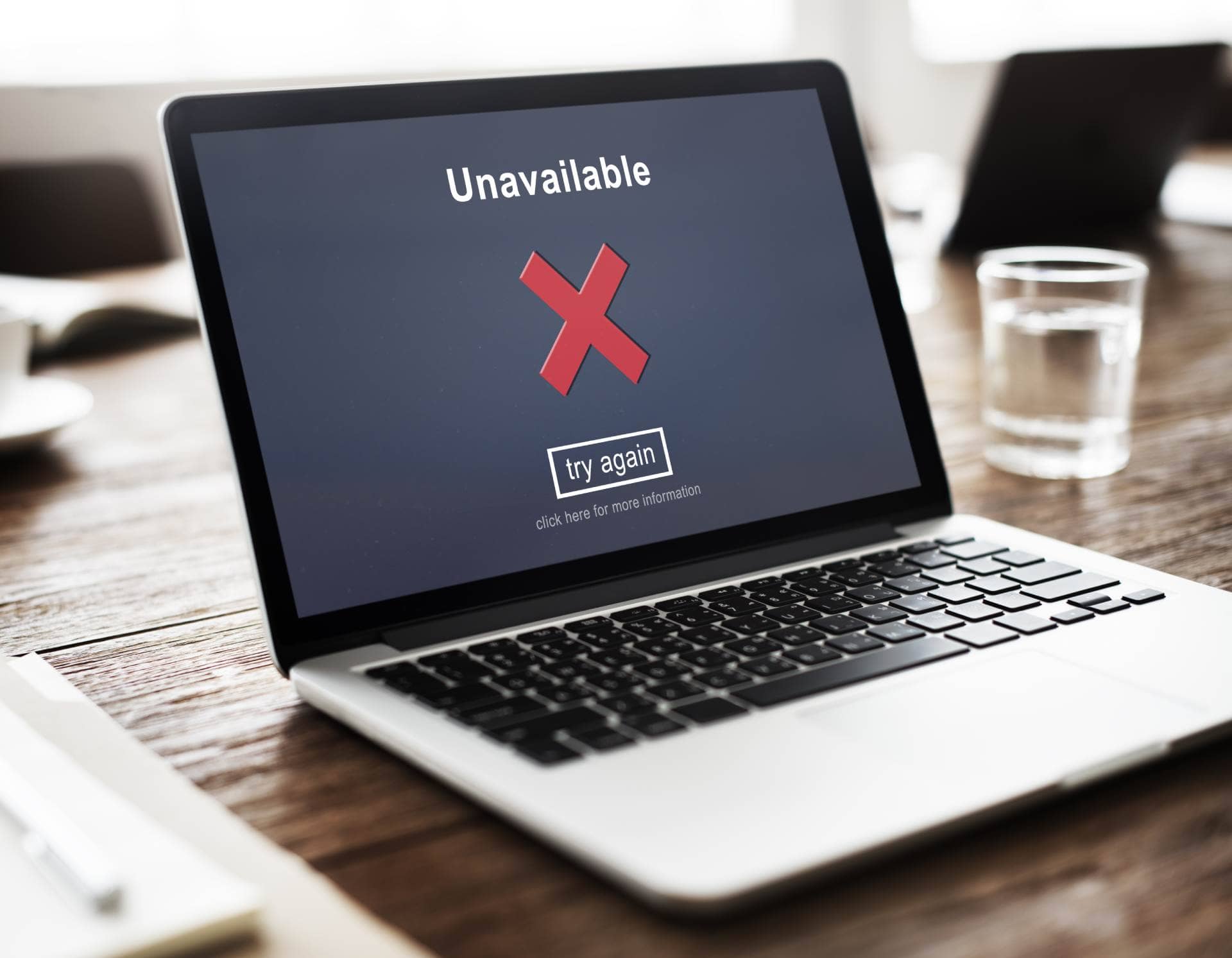
Covid-19 has brought about a change in the working environment with a number of businesses requiring or offering their employees to work remotely.
Recent statistics show that working from home has increased by almost 30%, and this figure is expected to remain constant throughout 2021. Eurofound has reported that people who are working from home are more likely to work the maximum limit of 48 hours per week. Almost 30% of those working from home have found themselves working during their free time every day or several times a week. In comparison, only 5% of those who physically go to work reported having to work during their free time.
Last week, the European Parliament voted in favour of legislating in the area of remote working. Through its vote, the European Parliament has formally called upon the European Commission to introduce legislation which enables those who work digitally to disconnect outside their working hours, to establish minimum requirements for remote working and to clarify associated working conditions, hours and rest periods.
It is now up to the Commission to decide whether or not to commence legislative initiatives on this subject-matter. Although it is not obliged to follow through with the European Parliament’s suggestions, it must substantiate its reasons in the event that it refuses to take up the proposal.
Many consider the right to disconnect to be a fundamental right necessitated by the new realities of employment and the need to strike a fair balance between work and personal life. In this regard, many opine that employees should be able to refrain from taking phone calls or answering emails outside their working hours.
After the vote, MEP Alex Agius Saliba said that, “we cannot abandon millions of European workers who are exhausted by the pressure to be always 'on' and overly long working hours. Now is the moment to stand by their side and give them what they deserve: the right to disconnect. This is vital for our mental and physical health. It is time to update worker’s rights so that they correspond to the new realities of the digital age.”
Malta has taken a very active role in promoting this initiative and the Government has already announced that the right to disconnect will be included in new legislation regulating remote-working. Telework in Malta is already regulated in virtue of Legal Notice 312 of 2008 and legislative initiatives in this sphere should serve to strengthen employees’ rights. By extending existing rules to the digital landscape and catering for new issues which are unique to remote-working, employees will benefit from added legal certainty and appropriate safeguards in a dynamic and everchanging working environment. Employees would be able to lay down their own limits with the employer, as well as ask for fair compensation when working after hours, without running the risk of negative repercussions as a result.
